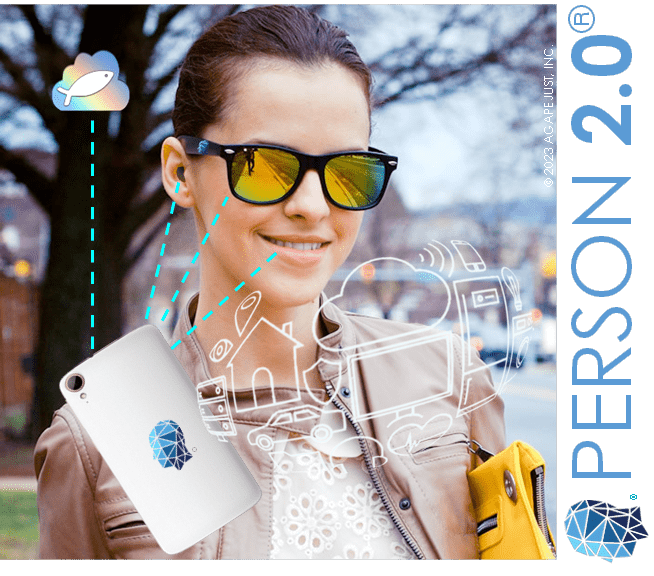Thank you for your payment for TITHE of Tithe + shipment. Your transaction has been completed, and a receipt for your purchase has been emailed to you. If you paid with PayPal, log into your PayPal account to view transaction details.
Tackling, Regulating & Co-opting AI w/ Necktie UI invention
Patents Pending

Computer was originally a person! Prior to the machine being called a computer, it was called a Difference Engine. In other words, the Computer, as we know it, came into existence with a simple declaration of a system, which had been integrated from various sources. But to the uninitiated, it was still an “electronic gizmo.”
The point is: To make the leap from a mere “electronic gizmo” to “computer,” the strength is in the Metaphor User Interface.
Though the Computer metaphor UI is better than Robot or Android, the arrangement — made possible by the metaphor UI — sets the user at the same level as the machine. The demerits of this arrangement is that it does not take into consideration the user’s strengths and has a trajectory of supplanting and enslaving humans to the point of extinction. Self-thinking or autonomous systems are extremely dangerous to man (Omohundro 2013; Wakefield 2016).
Nick Bostrom writes, introducing his book on Superintelligence:
“The human brain has some capabilities that the brains of other animals lack. It is to these distinctive capabilities that our species owes its dominant position. Other animals have stronger muscles or sharper claws, but we have cleverer brains. If machine brains one day come to surpass human brains in general intelligence, then this new superintelligence could become very powerful. As the fate of the gorillas now depends more on us humans than on the gorillas themselves, so the fate of our species then would come to depend on the actions of the machine superintelligence.”
Continue reading “Tackling, Regulating & Co-opting AI w/ Necktie UI invention”
Hackers to use AI in the future – Researchers
Deccan Chronicle (22 February 2018)
 Rapid advances in artificial intelligence are raising risks that malicious users will soon exploit the technology to mount automated hacking attacks, cause driverless car crashes or turn commercial drones into targeted weapons, a new report warns.
Rapid advances in artificial intelligence are raising risks that malicious users will soon exploit the technology to mount automated hacking attacks, cause driverless car crashes or turn commercial drones into targeted weapons, a new report warns.
The study, published on Wednesday by 25 technical and public policy researchers from Cambridge, Oxford and Yale universities along with privacy and military experts, sounded the alarm for the potential misuse of AI by rogue states, criminals and lone-wolf attackers.
The researchers said the malicious use of AI poses imminent threats to digital, physical and political security by allowing for large-scale, finely targeted, highly efficient attacks. The study focuses on Continue reading “Hackers to use AI in the future – Researchers”

